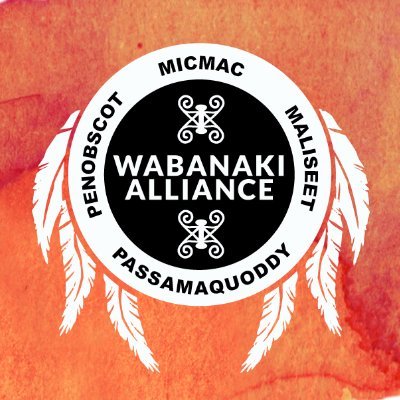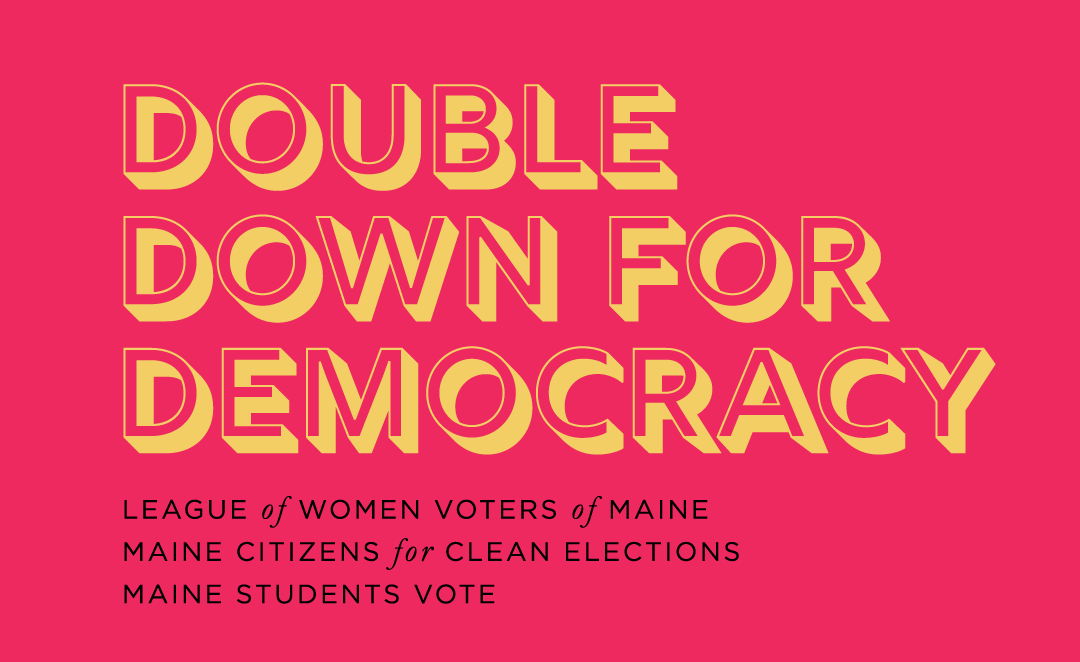Wabanaki Alliance
Maine legislators will consider a number of bills during the 131st Legislature that involve issues related to the Wabanaki Nations. the Wabanaki Alliance has put together a bill tracker which provides details on many of those bills and actions you can take to stand with the Wabanaki.
In June of 2020 the tribes in Maine (Mi’kmaq Nation, Houlton Band of Maliseet Indians, Passamaquoddy Tribe and Penobscot Nation) formed the Wabanaki Alliance. The Wabanaki Alliance was formed to educate people of Maine about the need for securing sovereignty of the tribes in Maine.
The League is fully committed to diversity, equity, and inclusion in principle and in practice. Diversity, equity, and inclusion are central to the organizations’ current and future success in engaging all individuals, households, communities, and policy makers in creating a more perfect democracy.
Tribal Sovereignty
Here at the League, we stand with Wabanaki communities and their claim to tribal sovereignty and racial justice. In the 130th legislature, the League joined the Wabanaki Alliance — a coalition of over 90 non-profit, faith-based, and racial and social justice organizations.
Support the Wabanaki Community:
Racial Justice & Equity Team
The League has a dedicated team that advocates for racial justice and equity bills before the legislature. These bills include: addressing prison gerrymandering, recognizing tribal sovereignty, strengthening Wabanaki studies in Maine Schools, amending the state constitution to publish treaty obligations, and others.
We participate in coalitions with stakeholders and follow their guidance to mobilize our members and volunteers in support of these bills. Want to join the team? Email Evan at evan@lwvme.org to get involved.
Neighbor to Neighbor
Neighbor to Neighbor is a project of the League of Women Voters of Maine designed to increase voter engagement and participation by canvassing neighborhoods with low voter participation. Low propensity voters are often the most marginalized and face the greatest obstacles to the voting booth. Our project consists of knocking on doors and talking to residents about elections, voting, and other forms of civic engagement. Interested? Learn more here.





